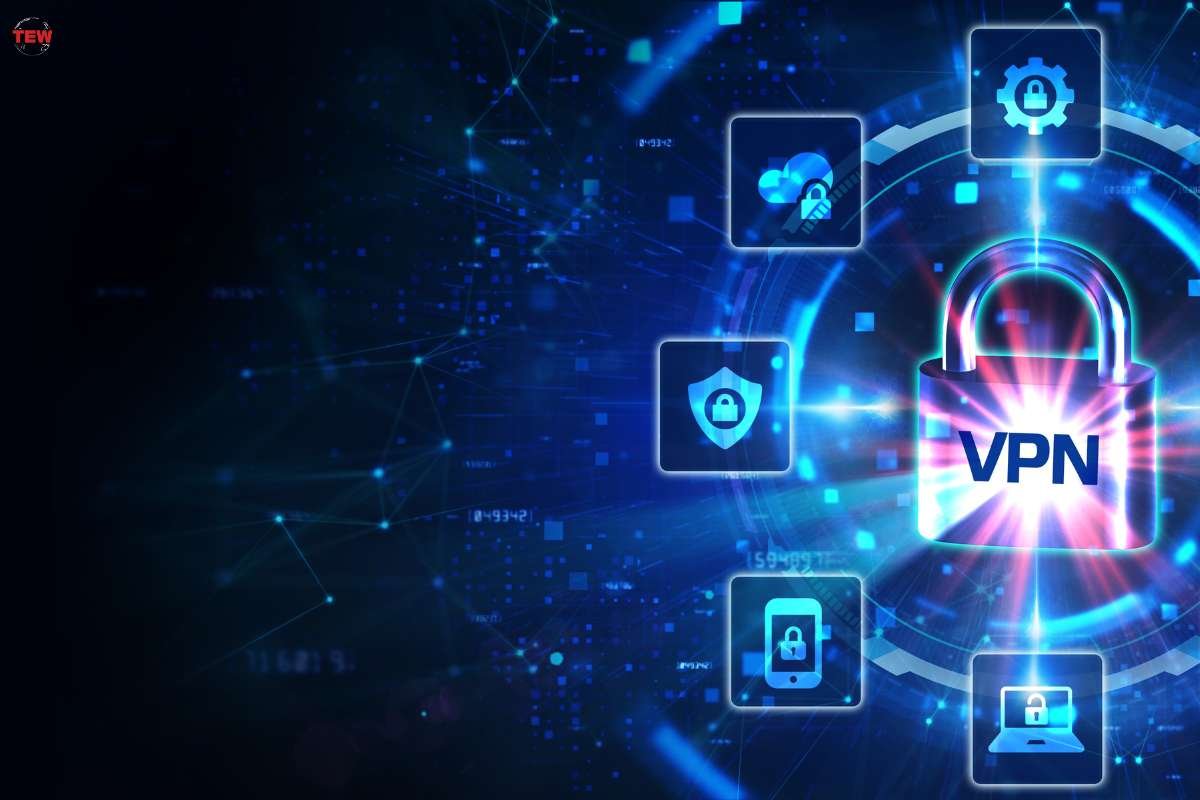In our rapidly evolving digital world, where our online activities are under scrutiny by hackers, safeguarding our digital privacy has become the number one priority. As we navigate the vast landscape of the internet, we seek a shield that can protect our personal information from prying eyes and ensure our digital footprints remain hidden. That’s why we use VPNs (Virtual Private Networks), probably the most powerful tool to ensure privacy on the Internet.
Yet, not all VPNs are created equal, and the choice of the VPN protocols is the deciding factor for its performance and security level. These protocols, the backbone of any VPN tool, determine how the data is encrypted, authenticated, and transmitted. That’s why we want you to join us as explore the best VPN protocols and help you stay anonymous and protected on the Internet.
1. Understanding VPN Protocols
To understand the impact and the role of VPN protocols on the VPN services we use, it is important to understand their underlying principles of them. VPN protocols form the foundation for establishing a secure and encrypted connection between users and the VPN server. These protocols apply encryption and authentication methods to ensure the communication is safe from prying eyes.

When evaluating VPN protocols, several key factors need to be considered. The first one is obviously the security features they offer. Robust encryption algorithms and strong authentication methods ensure that the protocol can provide high-end security.
Performance and speed are also important factors as VPNs often work slower than normal connections. Luckily, some protocols provide a seamless browsing experience without sacrificing speed.
Compatibility and interoperability are two other significant factors to consider. A good VPN protocol should be able to operate on different systems and devices to allow you to protect online privacy on a wide range of platforms. In the following sections, we will explore some popular VPN protocols and examine their strengths and weaknesses by keeping these factors in mind.
2. Popular VPN Protocols
1. Point-to-Point Tunneling Protocol (PPTP)
Point-to-Point Tunneling Protocol (PPTP) is one of the earliest VPN protocols to be introduced, but it is still being widely used today. It offers straightforward and easy-to-implement solutions for VPN connections.
One of the notable strengths of PPTP is its operational capability on multiple platforms including Windows, macOS, Linux, and even mobile platforms, which makes it a convenient VPN protocol. Moreover, PPTP is well-known for the speedy connection it provides, enabling uninterrupted browsing experiences.
With that being said, PPTP falls short in terms of security as its features are often called into question. While it does have some level of encryption, it is considered a weak protocol when compared to some of the modern ones. That’s why PPTP can be less suitable for users and networks where security is the prominent concern since it is definitely susceptible to vulnerabilities.
Despite its weaknesses, PPTP still serves as a great option for users who seek basic privacy protection but looking for high-speed connections.
2. Internet Protocol Security (IPSec)
Internet Protocol Security (IPSec) is a widely used VPN protocol that offers a great range of security features. IPSec protocol provides end-to-end security by encrypting and authenticating IP packets to ensure the confidentiality of the transmitted data.

The key strength of this protocol is its strong encryption capabilities. IPSec uses AES (Advanced Encryption Standard), which is known as one of the strongest encryption algorithms. It also uses cryptographic protocols such as Internet Key Exchange (IKE) for key exchange and authentication.
IPSec is also compatible with a wide range of platforms, making it ideal for both individuals and organizations. While it is highly secure and versatile, IPSec can be a bit challenging to configure when compared to other VPN protocols. It may require technical expertise which some organizations might not have. But overall, once successfully configured, IPSec is definitely one of the strongest protocols out there.
3. Layer 2 Tunneling Protocol (L2TP)
Layer 2 Tunneling Protocol (L2TP) combines the best features of two other VPN protocols; PPTP and Layer 2 Forwarding (L2F). This protocol creates a secure tunnel for online data transmission.
One of the significant advantages of L2TP is its operability in different platforms from Windows to iOS and Android devices. o fully utilize L2TP, choosing a service from top VPN providers is crucial, as they ensure optimal implementation and security standards. L2TP also has built-in support in many routers and firewalls, allowing for easy implementation and integration within network environments.
L2TP also uses IPSec as its encryption protocol to ensure the security of confidential information. The combination of these two provides a highly secure and interoperable protocol.
However, it is important to note that while L2TP can be highly secure and compatible, it may have some performance issues due to the double encapsulation process. L2TP first encapsulates data packets with its own header, and IPSec encapsulates them again with an additional layer of security. This is proven to cause slower connection speeds which may be annoying for some individuals.
4. OpenVPN
OpenVPN is a commonly used and praised VPN protocol known for its strong security, flexibility, and open-source nature. It operates on the OpenSSL library, utilizing SSL/TLS protocols to ensure a secure connection between clients and servers.

One of the most well-known features of OpenVPN is its high-end security capabilities. It employs industry-standard encryption algorithms, such as AES, along with strong authentication mechanisms to provide a high level of data protection. What is better is that OpenVPN configurations can be customized based on specific needs such as selecting the desired encryption strength.
While OpenVPN is highly accepted as one of the most secure and high-performance protocols, just like IPSec, its setup and configuration may require more technical expertise than other protocols. However, today we see online providers who simplify this process for non-technical users while providing all the features of OpenVPN.
5. WireGuard
WireGuard is a modern and innovative VPN protocol that gained attraction due to its simplicity, speed, and strong security principles. Developed as an open-source protocol just like OpenVPN, WireGuard first aims to solve the problems of traditional VPN protocols with a lean and efficient VPN.
The distinguishing feature of this protocol is its small codebase, which makes vulnerability checks easier and connection speeds higher along with reduced resource consumption. WireGuard also uses strong encryption algorithms such as Curve25519 for key exchange and ChaCha20 for encryption.
Although WireGuard offers a new and more straightforward way to VPN protocols, it is important to keep in mind that it may have limited support in some VPN applications or routers. But it covers this downside with user-friendliness, high performance, and state-of-the-art security.
Conclusion
While almost everyone knows what a VPN is, most people don’t know about the underlying protocols of the VPN tools. These are the backbone of what allows us to have online privacy, and understanding the downsides and strengths of these protocols is critical to decide the right protocol for our specific needs.


















